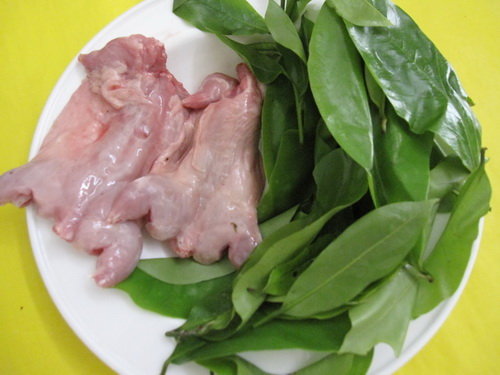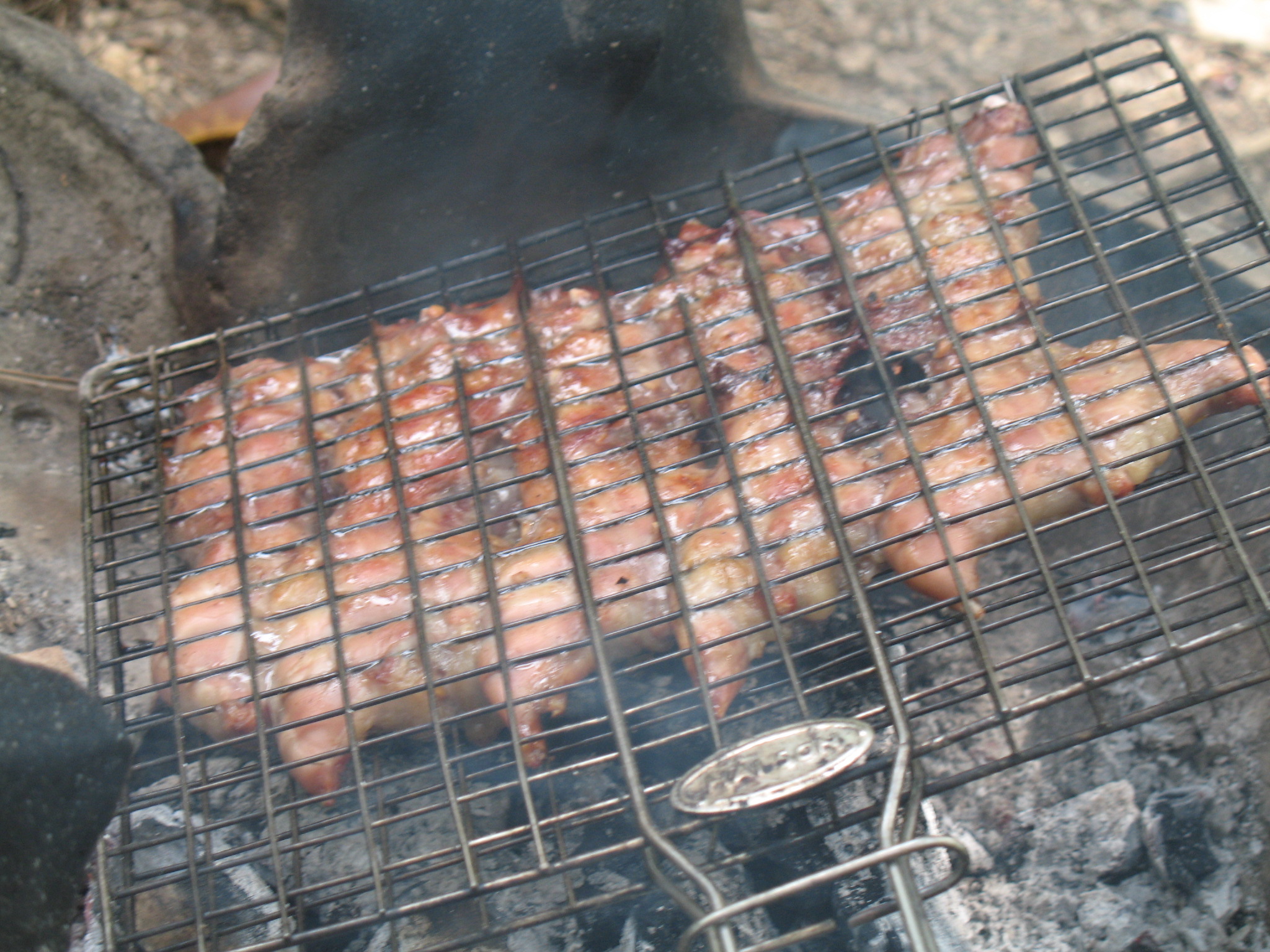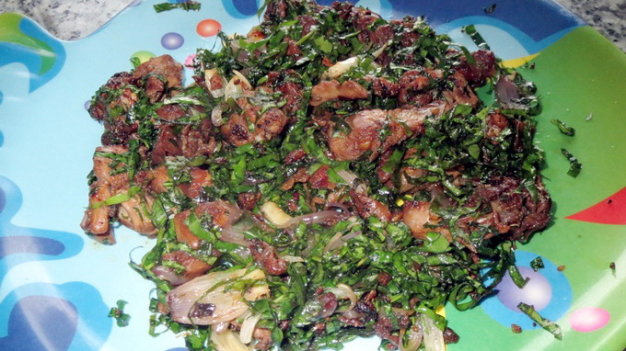A delicious meal of well-cooked rats is not typically the first thing that comes to mind when you, visitors to Vietnam, have got the munchies, but in the country’s Mekong and Red River Deltas, this delicacy is one of the most sought-after dishes.
Many believe that rat meat offers higher nutritional value than cattle and poultry.
Vu Bang, a well-known Vietnamese writer, once commended rat meat in his book entitled “Exotic Dishes from the South.”
“Rat meat is simply miraculous. It feels soft and sweet, with an aroma so strong it can send chills down your spine!” he said about the Mekong Delta delicacy.
According to Bang, 12 different dishes can be made using rat meat as the primary ingredient.
Restaurants in Vietnam have expanded on those main dishes to create many varieties, but the best versions can only be found in the delta regions, with rats caught fresh from their holes.
Eaters can enjoy themselves over roasted rat meat, rat meat grilled with chilies, or stir-fried with all kinds of different herbs.
Rat meat is usually served as ‘food for fun,’ the way locals refer to snacks and wine.
Indeed, they can sit down for a dish of rat meat and a bottle of Vietnamese wine for hours on end, picking at their food while having a chat.
In 2013, the Daily Mail wrote about the prevalence of rat meat in northern Vietnam’s Red River Delta.
According to their article, in Dan Phuong, a rural district of Hanoi, rat meat is found on many restaurant menus.
Much like in the Mekong Delta, Dan Phuong locals hunt rats during the rainy season and after their harvests.
Health-wise, it is believed that rat meat can help cure certain diseases in children.
Under the light of eastern medicine, rat meat can empower muscles, combat fatigue, and strengthen bones.
It can have particular benefits on one’s heart and eyesight, and can also help to refresh the mind.
Rat meat is full of protein and devoid of fat, so in general it could be considered a super food.
 |
| Rats and soursop leaves ready to be stir-fried. Photo: Thanh Ta |
But what kind of rats?
Surely it is in the places where it is a delicacy.
The rats used in restaurants and eateries are not the same filthy city rats that sneak out from sewers and carry with them all kinds of bacteria and diseases.
The ideal rats for meat are their cleaner cousins living in rice fields.
These rodents feed on rice and not on urban trash, and, of course, their living environment is much cleaner.
In other words, despite their similar looks, chuot dong (the way locals refer to these paddy field rats) are actually poles apart from their urban-dwelling relatives.
Rat hunters in the delta regions go for either chuot com (dark brown and small-sized rats) or chuot cong nhum, a larger type of chuot dong which live in holes and can weigh up to a kilogram.
The most productive time for rat catchers is during the rainy season at the beginning of summer.
The best rats are those which dig their own holes, as they are usually healthy and chubby.
 |
| Rats are grilled in the Mekong Delta, southern Vietnam. Photo: Viet Toan/Tuoi Tre News |
Stir-fried rat meat with soursop leaves
One outstanding version of rat meat in the Mekong Delta is the stir-fried one with soursop leaves.
Ingredients for the dish include chuot dong, fresh soursop leaves, and various seasonings.
Chopped rat meat is mixed with onions, garlic, sugar, monosodium glutamate, and fish sauce.
After marinating for 15 minutes, this mixture is stir-fried until the meat turns slightly golden and emits an aromatic scent. Then, the soursop leaves are added.
Soursop leaves naturally give off a heavy smell, but when blended with rat meat they boost the scent of the dish.
Stir-frying continues until the leaves are well-done.
The other key to the dish’s success is the sauce, which is no simple garnish.
It takes fine quality fish sauce mixed with sugar, lemon, and garlic to add the unique taste needed for each dip of the meat.
For every bite, rat meat cubes should be eaten with soursop leaves so that the scent of the meat is enhanced by the herbs.
Like us on Facebook or follow us on Twitter to get the latest news about Vietnam!




















































